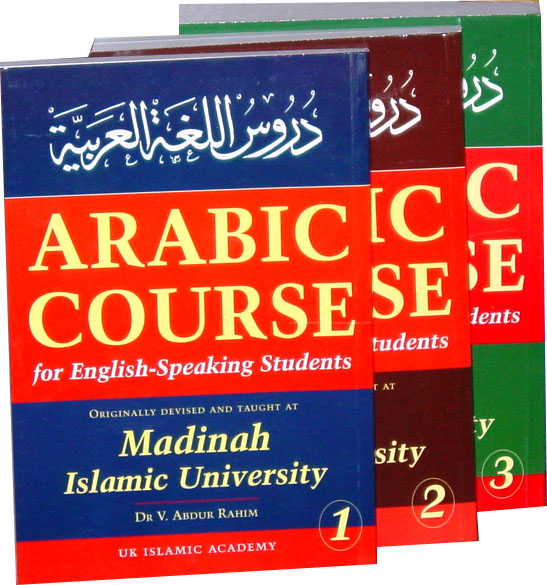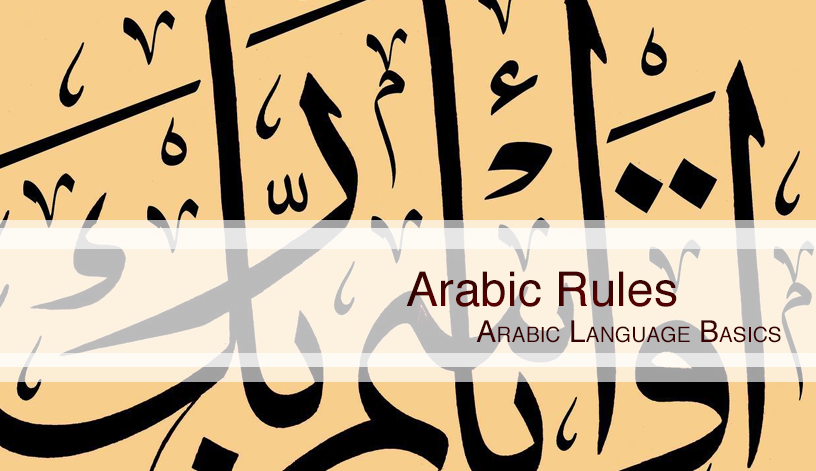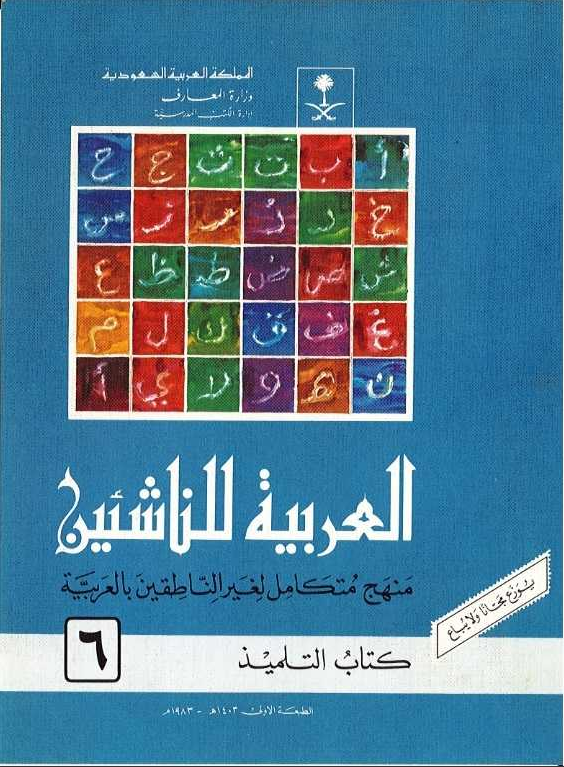Chapter 1 The Farmer’s Donkey

كان حمار الزارع نشيطا, لا يتعب من العمل. ولا يعصى لسيده الزارع أمرا. وكان الزارع معجبا بنشاطه. فلما كبر الحمار, و أضعفت الشيخوخة قواه, و أصبح عاجزا عن العمل , كره سيده, و عزم على التخلص منه. و نسي كل ما أداه له حماره النشيط من معاونة في أيام شبابه.
The farmer’s donkey was energetic, it did not tire from work. It did not disobey its master in any way. The farmer was happy with its energy. So when the donkey became old, and old age weakened his strength, and he became unable to work, his master was upset, and decided to get rid of him. He forgot all the hard work his energetic donkey did for him in the days of its youth.
Kana and its sisters
كان حمار الزارع نشيطا
أصبح عاجزا
Af’al Naqisah. Added to jumlah ismiyyah to give extra meaning to the change of mubtada into khabr, the helping verb ‘is’ that is inferred changes to mean ‘was’ or ‘became’ depending on the word.
Jarr majrur
لا يتعب من العمل
وكان الزارع معجبا بنشاطه.
و نسي كل ما أداه له حماره النشيط من معاونة في أيام شبابه.
Jarr Majrur constructions mirror, prepositional phrases in English. They give extra details, flavor and in-depth descriptions of the main idea. All Jarr majrur sections were left uncolored to illustrate this point. As a rule, Jarr majrur is always mutallaq or connected to an idea, a verb usually
or in its absence some idea (containing nouns or a complete sentence).
it did not tire
i.e.: from work
and he became unable(literally
weak or disabled) to work
The farmer was happy i.e.: with its energy
in the Arabic language, sometimes verb are very specific كبر الحمار the donkey became old when you
find a verb lacking details, this is where you will find jarr majrur
constructions.
Negative Sentences (nafi/manfi)
لا يتعب من العمل
ولا يعصى لسيده
Arabic
sentences are negated with ma and la, these two particles DO NOT change the
conjugation of the verb. DO NOT confuse nafi (ma and la) with nahi(the opposite
of amr) or lan(nafi + takeed).
Maf’ul bihi
أضعفت الشيخوخة قواه
و نسي كل ما أداه له
حماره النشيط
Maf’ul bihi is the object of the verb. Underlined for your convenience. It can be one word ‘قواه’ or an entire sentence ‘كل ما أداه له حماره النشيط’. In English the object is what the Subject ‘does’ the same applies in Arabic. When a verb is mutaddi, a noun or idea, must be there to receive the action, this is the object. Though similar to the concept of jar majrur’s ‘extra details’ the difference is that when a verb is mutaddi, IT NEEDS a maf’ul bihi to be complete, jar majrur constructions can be apart of it, but they are not needed to complete it.
Back to Demons of the Thieves
Back to Arabic Stories



